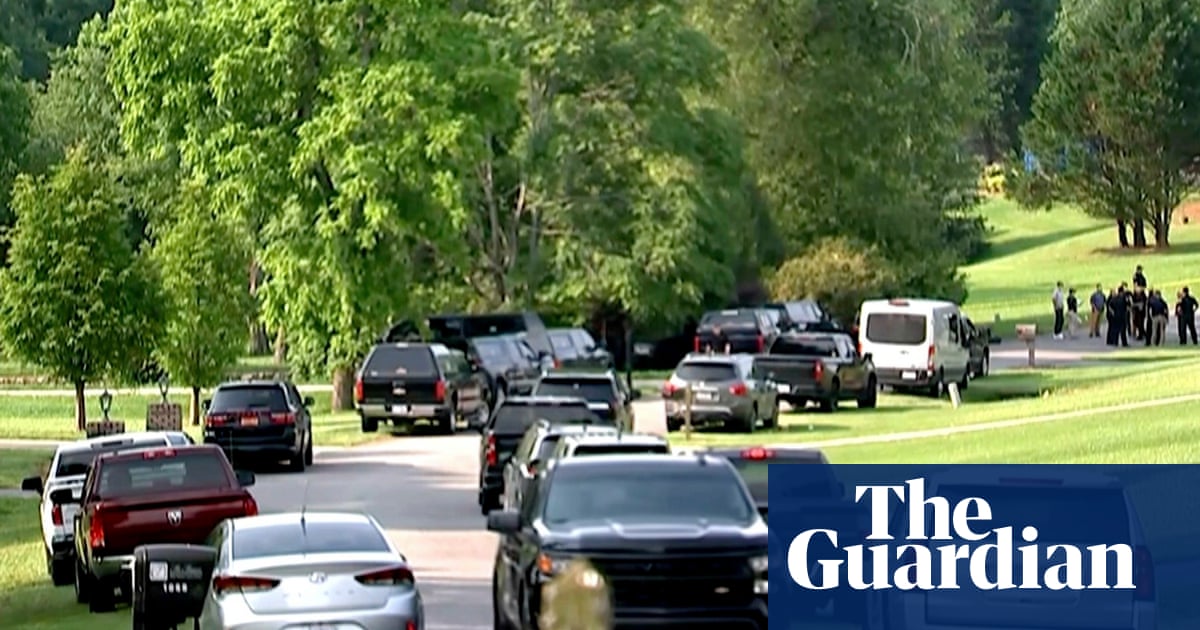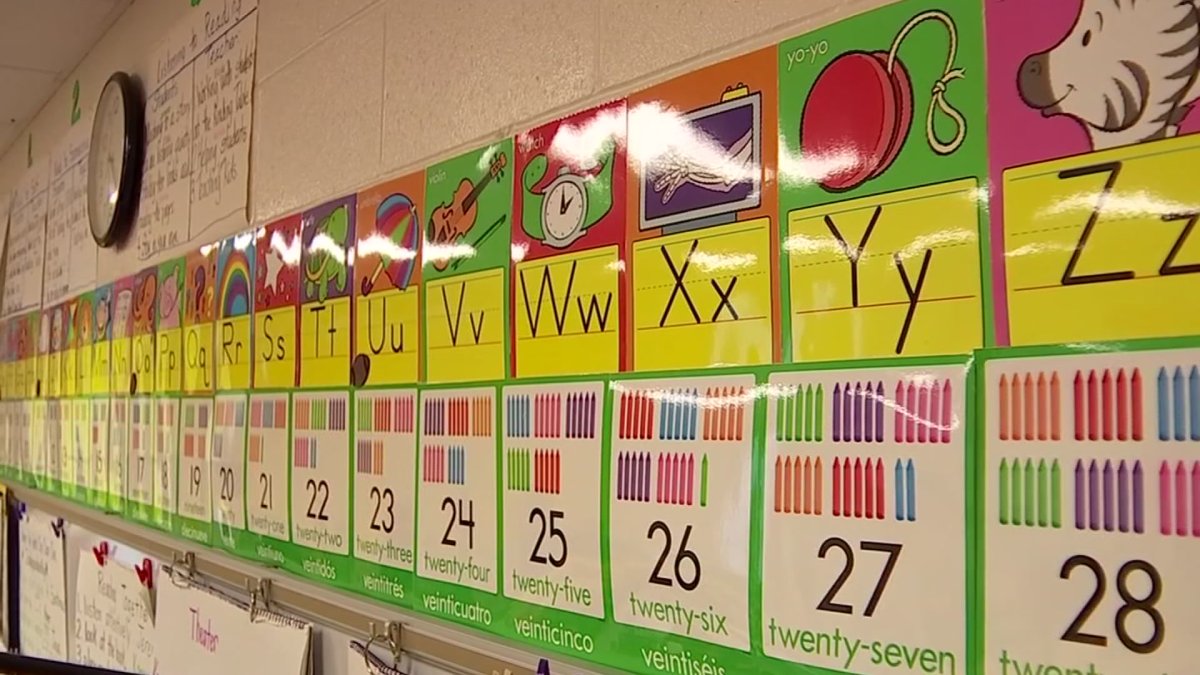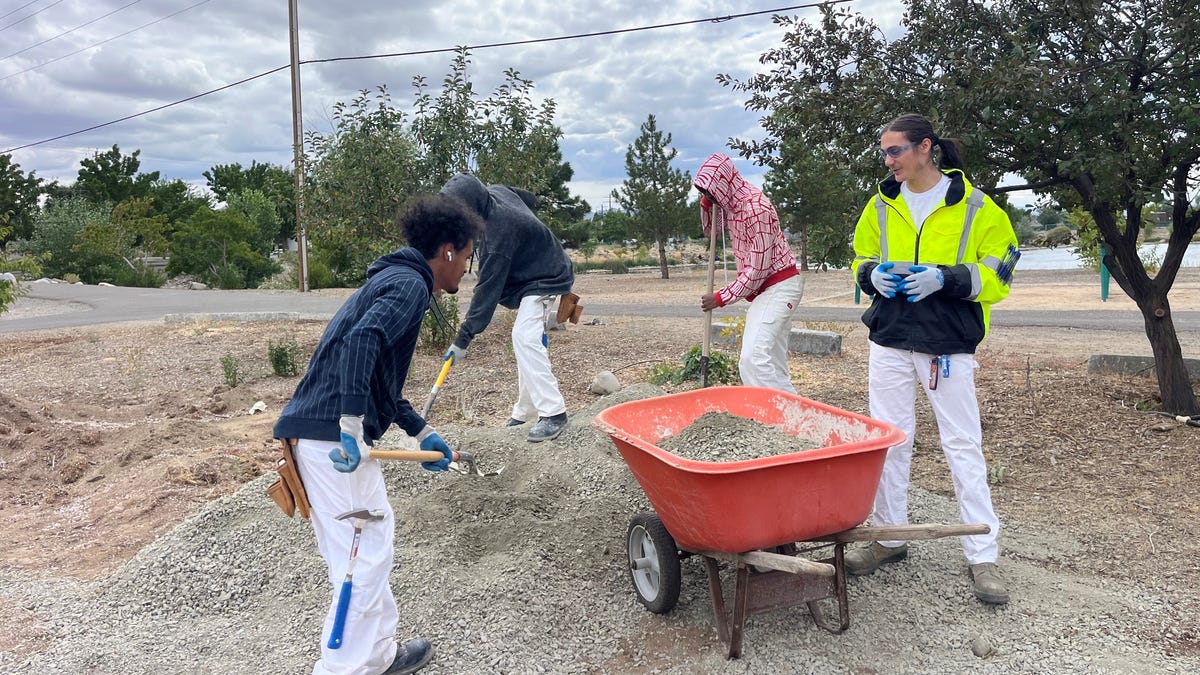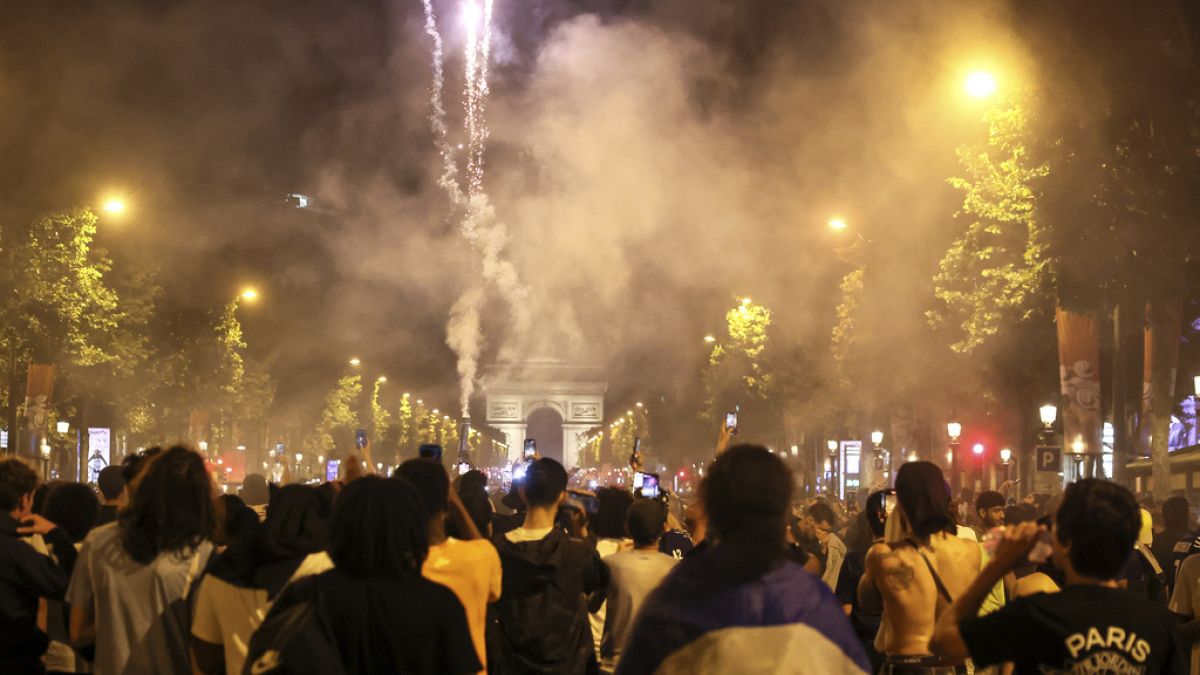North Carolina
North Carolina House revives LGBTQ+ education limits in final days of session

RALEIGH, N.C. — Previously stalled legislation that would limit LGBTQ+ instruction in North Carolina public schools and require teachers to out transgender kids to their parents gained momentum Wednesday after months of inaction as state legislators race to push policies across the finish line before the session ends.
North Carolina’s House education committee advanced the bill requiring all public school teachers in most circumstances to alert parents before they call a student by a different name or pronoun. It would also prohibit instruction about gender identity and sexuality in K-4 classrooms, which critics have likened to the Florida law that opponents call “ Don’t Say Gay.”
When the GOP-controlled Senate passed the bill in February, House Republicans were one seat shy of a supermajority and would have needed some Democratic support for the bill to become law. But during the four months that it idled in the House, Mecklenburg County Rep. Tricia Cotham switched parties from Democrat to Republican, giving the GOP veto-proof margins and a clear path to advance more conservative policies. Republicans filed six bills aimed at trans youth the following day.
The proposal must clear one more committee before it heads to the House floor for a vote. Some Republicans expressed support Wednesday for amending it in the future to also apply to private and charter schools or to extend the curriculum restriction through fifth grade. House Speaker Tim Moore has said he’s confident the bill will pass his chamber this session.
Although Democratic Gov. Roy Cooper has denounced it as “wrong” and harmful, he now has little power to block it.
While bill sponsors, such as Republican Sen. Amy Galey of Alamance County, say it’s needed to keep parents informed about what their children are being taught in school, LGBTQ+ youth and their supporters say it would destroy the trust between teachers and students, making schools unsafe spaces for them to explore their identities at their own pace.
“Children don’t have rights versus their parents,” Galey said. “Parents have the right to educate and give the world training and to provide for the physical safety of children unless the parent is abusive.”
For transgender kids, like 17-year-old Griffin Rogers of Raleigh, teachers often serve as crucial confidants before they feel ready to talk to parents or peers about their gender identity.
Rogers said he spends a lot of time worrying about what will happen to his closeted trans friends with unsupportive families if this bill — and others moving through the legislature that pertain to LGBTQ+ youth — pass in the coming days. Several of his friends use different names or pronouns at school than they do at home and are “terrified” that teachers could soon be required to inform their parents, he said.
“I have lots of friends who know that if they get outed or their parents find out that they’re trans, they’ll get beat or they’ll get kicked out — my closest friends,” Rogers said. “It just makes you feel so trapped to not be able to talk about that stuff.”
Some North Carolina teachers are already planning to protest the new restrictions.
Art teacher Gretchen Phillips, faculty sponsor for the Gay–Straight Alliance at Orange High School in Hillsborough, has assured her students that she will not compromise their safety by outing them without consent. She anticipates many teachers in the state will refuse to comply or find loopholes in the legislation.
An exception in the bill would prevent parents from accessing school records if there is reason to believe it would lead to abuse or neglect. But Phillips said the very idea of outing an LGBTQ+ child is “going to lead to abuse,” regardless of whether the school can anticipate it. One of her own students was kicked out of their home earlier this year because their parents did not approve of their gender identity, she said.
“By trying to tie my hands on that, it means that I won’t be able to have a voice for the kids who need an adult to speak up for them the loudest,” Phillips said. “My job is to be there for them as they’re figuring out who they are, and if I can’t be that for them and support them as they are, then I can’t even begin to teach them.”
She worries the “forced outing” provision could lead more parents to send their children to conversion therapy, a discredited practice that seeks to change a person’s sexual orientation or gender identity. North Carolina does not ban the practice outright but prohibits using taxpayer dollars to perform it on minors.
For Rogers and other trans students, being able to express their identities and find acceptance at school “gives us a chance to feel like we’re human,” he said, “which, especially living in the South, we don’t really get that opportunity a lot of the time.”

North Carolina
One dead and 11 injured after 80 shots fired at North Carolina house party

At least 80 shots were fired in a North Carolina neighborhood, killing one person and injuring 11 others, authorities said Sunday.
The shooting early Sunday took place in Hickory, the Catawba county sheriff’s office said. No arrests have been made, but authorities said there was more than one shooter.
The shooting took place at about 12:45am during a party in Hickory, the Catawba county sheriff’s office said.
One victim was in critical condition and 10 others were hospitalized in serious condition, the sheriff’s office said.
The North Carolina state bureau of investigation and the Hickory police department are investigating the shooting. The FBI is also assisting in the case. No arrests have been made and the total number of shots fired is not yet known.
The sheriff’s department has not released the victims’ names or ages.
Investigators said there were as many as 100 people attending a house party at a home on the street when one or more people discharged firearms, WSOC-TV reported.
Eyewitnesses told local reporters that many people attending the party were from nearby high schools and people began scattering, ducking for cover and running toward safety when shots erupted.
Major Aaron Turk with the sheriff’s office said at a news conference that the street was usually quiet.
North Carolina
NC leaders announce changes to shorten DMV lines

North Carolina leaders announced changes at the NC Division of Motor Vehicles during a press conference on Friday.
Gov. Josh Stein, Secretary of Transportation Joey Hopkins, and NCDMV Commissioner Paul Tine spoke at the Raleigh East Drivers License Office to address long waits and difficulty booking appointments at the DMV, WRAL News reported.
Hopkins said the newly elected Tine brings a “wealth of experience” to help with the work the state plans to do.
READ: NC leaders want changes to cut long DMV lines
Tine said he planned to improve career benefits for examiners, update the DMV website and social media, reorganize the internal department, and reopen 20 locations to walk-ins on Saturdays.
“We have new core principles to promote problem-solving: service, efficiency, agility and accountability,” Tine said.
Twenty locations will be open to walk-ins from 8 a.m. to noon on Saturdays starting on May 31, WRAL News reported.
The following locations will be open to walk-ins on Saturdays:
-
Asheville, 1624 Patton Ave.
-
Charlotte North, 9711 David Taylor Dr.
-
Charlotte South, 201 W. Arrowood Rd., Suite H
-
Clayton, 1665 Old U.S. Hwy. 70 W. (Shotwell Station)
-
Durham, 101 S. Miami Blvd.
-
Elizabeth City, 1164 U.S. Hwy. 17 S.
-
Fayetteville, 831 Elm St. (Eutaw Village)
-
Graham, 111 E. Crescent Square
-
Greensboro, 2391 Coliseum Blvd.
-
Greenville, 4651 N. Creek Dr.
-
Huntersville, 12101 Mount Holly-Huntersville Rd.
-
Jacksonville, 299 Wilmington Hwy.
-
Kernersville, 810-A N. Main St.
-
Monroe, 3122 U.S. Hwy. 74 W.
-
Raleigh East, 4121 New Bern Ave. (Wilder’s Grove)
-
Raleigh West, 3231 Avent Ferry Rd.
-
Salisbury, US 29 S, 5780 South Main St.
-
Wilmington, 2390 Carolina Beach Rd., Suite 104 (South Square Plaza)
-
Winston-Salem, 2001 Silas Creek Pkwy
The DMV is also now offering several online services. Residents can now renew driver’s licenses and ID cards, order duplicate licenses and ID cards, change their address, and apply for voter registration online.
WATCH: NC leaders want changes to cut long DMV lines
North Carolina
NC Made: Schiemann Guitars handcrafts custom pieces of history

FUQUAY-VARINA, N.C. (WTVD) — Tucked away in his small two-car garage turned workshop, you can hear the hum of the saw, dust wafting into the air, and then the twang of a guitar string.
About four years ago, Matt Schiemann realized his talent wasn’t exactly in playing guitars but making them.
“I still enjoy playing guitar, but it was clear that wasn’t going to be the thing I was really going to be doing. So I started tinkering with things, and one thing led to another, where I just started building my own,” said Schiemann.
He made about 100 completely customized guitars and shipped them all over the world.
“This one I’m working on for a father as a commemoration for his daughter who loved butterflies,” Schiemann said.
Each design is unique to its owner, and some even pay homage to North Carolina’s history.
ALSO SEE NC Made: Raleigh’s Videri Chocolate Factory serves sweet success with bean-to-bar treats
“This wood came from a combination of two different barns here in Fuquay. One came from a little area called Kipling, and the other one came from just up the road in Fuquay,” he said.
The knots and original nail holes in the wood were gathered from tobacco barns within a few miles of Schiemann’s home.
“Our area in Fuquay is really starting to develop a lot, so all the farms that are there that had barns on them have been bought by developers. So they go in and tear everything down. I’m trying to save a little bit of the history that we have around here,” Matt said.
As the saying goes, one man’s trash is another man’s treasure.
“It’s pretty amazing to see this thing you’ve taken from start to finish. It’s almost like this barn that has a retirement as a musician now. It’s giving it a second life,” Schiemann said.
For more information about Matt and Schiemann guitars, visit here.
Copyright © 2025 WTVD-TV. All Rights Reserved.
-

 World1 week ago
World1 week agoNeo-Nazi cult leader extradited to US for plot to kill Jewish children
-

 Movie Reviews1 week ago
Movie Reviews1 week agoMovie review: 'Dogma' re-release highlights thoughtful script – UPI.com
-

 Business1 week ago
Business1 week agoPlastic Spoons, Umbrellas, Violins: A Guide to What Americans Buy From China
-

 World1 week ago
World1 week agoCade Cunningham Gains $45 Million From All-NBA Honors
-

 Movie Reviews6 days ago
Movie Reviews6 days agoMOVIE REVIEW – Mission: Impossible 8 has Tom Cruise facing his final reckoning
-

 Education1 week ago
Education1 week agoVideo: Judge Blocks Trump Move to Ban Foreign Students at Harvard
-

 Movie Reviews1 week ago
Movie Reviews1 week agoKapkapiii movie review: Horror-comedy signals a saturation point for the genre
-

 Rhode Island1 week ago
Rhode Island1 week agoAssessors find ‘nonconformities’ with national standards at RI Crime Lab. What to know.

















